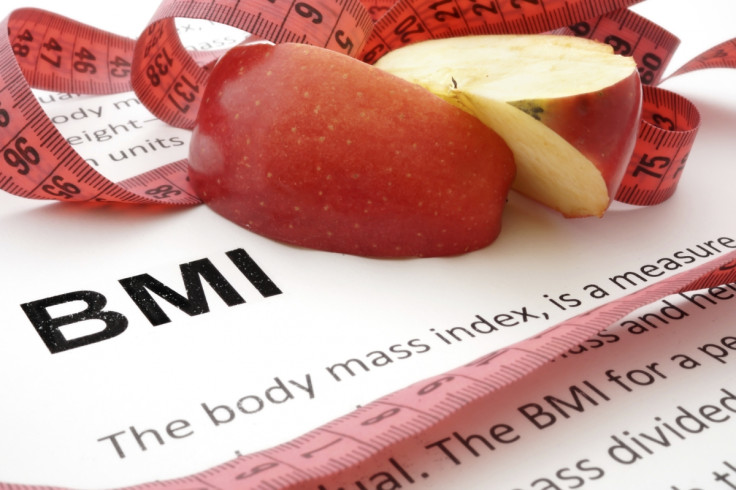BMI not a good indicator of health: 75 million Americans wrongly classified

A high body mass index (BMI) does not necessarily indicate a person is unhealthy, a team of researchers has said. Traditionally, BMI is considered an indicator of overall health, and new rules put forward by the US Equal Employment Opportunity Commission would allow employers to penalise those with a high BMI up to 30% in health insurance costs.
But this may be an unfair proposal, with up to 75 million Americans misclassified as being healthy or unhealthy when BMI is used as an indicator. Researchers from UCLA looked at the cardiometabolic health (the risk of diabetes and heart disease) of over 40,000 adults, examining the link between BMI and health.
They looked at blood pressure, insulin resistance, cholesterol and other factors to determine health. The findings, published in the International Journal of Obesity, showed that almost half of the people classed as overweight were healthy. Furthermore, 29% of those classed as obese and 16% of very obese individuals were also cardiometabolically healthy. In contrast, just under a third of people who had normal BMIs were found to be unhealthy.
"Using BMI categories as the main indicator of health, an estimated 74,936,678 US adults are misclassified as cardiometabolically unhealthy or cardiometabolically healthy. Policymakers should consider the unintended consequences of relying solely on BMI, and researchers should seek to improve diagnostic tools related to weight and cardiometabolic health," they wrote.
Lead author A J Tomiyama said: "Many people see obesity as a death sentence. But the data show there are tens of millions of people who are overweight and obese and are perfectly healthy.
"There are healthy people who could be penalised based on a faulty health measure, while the unhealthy people of normal weight will fly under the radar and won't get charged more for their health insurance. Employers, policymakers and insurance companies should focus on actual health markers."
Jeffrey Hunger, a co-author of the paper, added: "This should be the final nail in the coffin for BMI."
© Copyright IBTimes 2024. All rights reserved.






